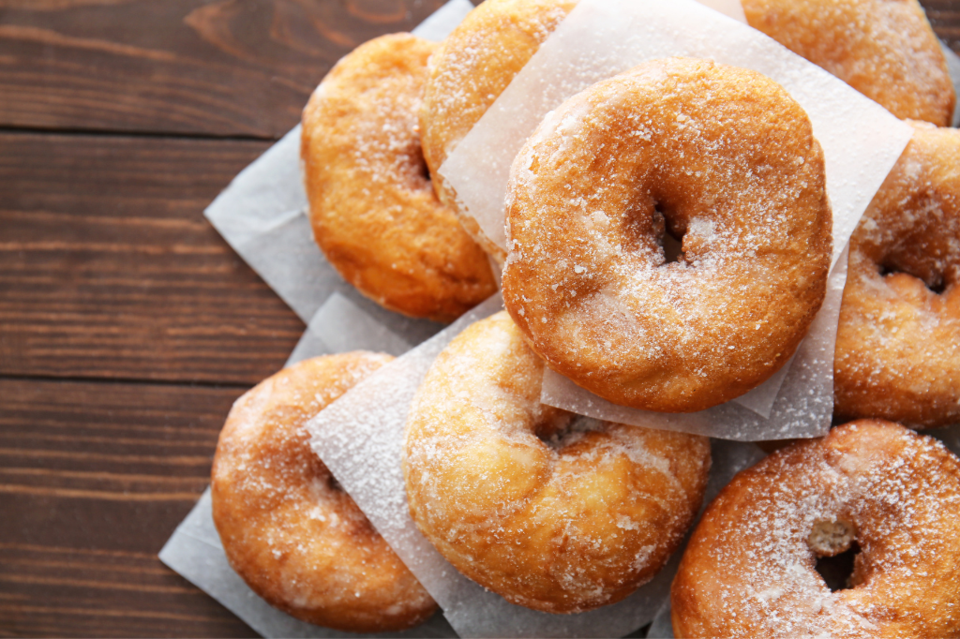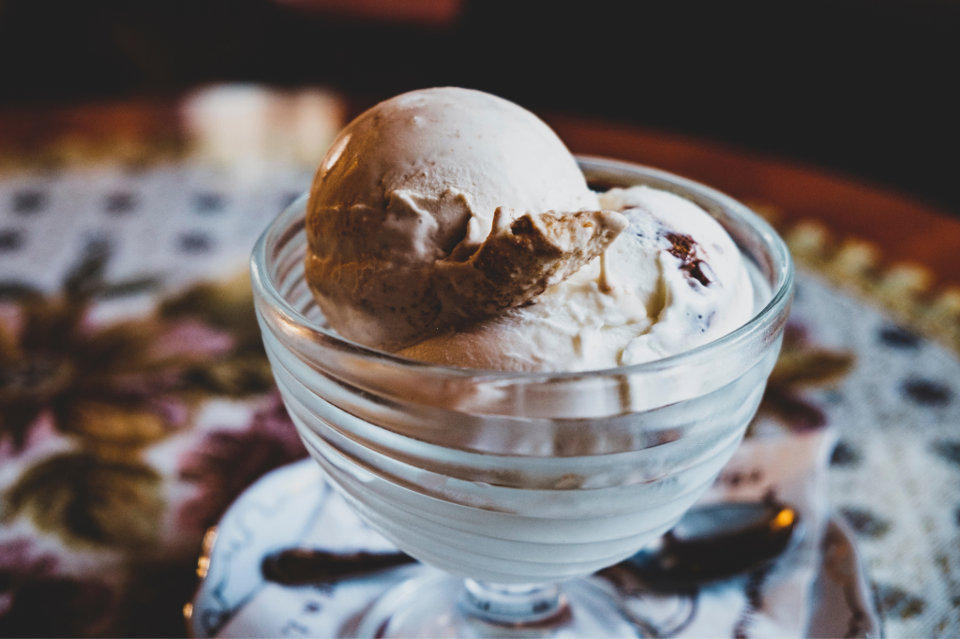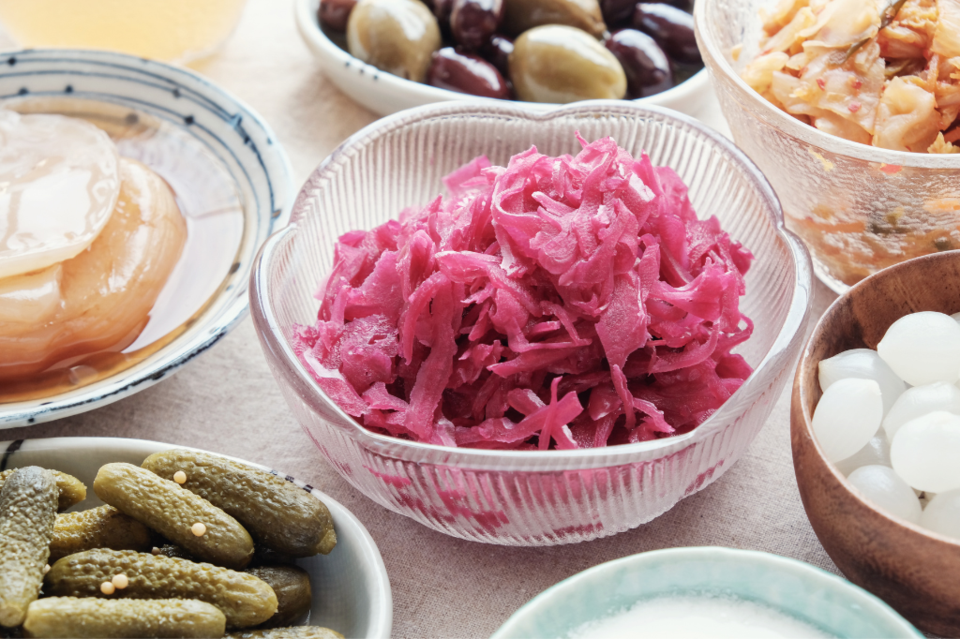If you've ever reached for a sweet treat or poured a glass of wine after a stressful day, you're not alone. But what you eat in moments of tension can impact more than your waistline—it could be affecting your stress hormone levels, too.
Cortisol, often called the “stress hormone,” plays a vital role in your body’s fight-or-flight response. It helps manage inflammation, regulates your sleep-wake cycle, and even supports energy levels. When you’re in danger—or just racing to meet a deadline—your adrenal glands release cortisol to give you a quick burst of energy and focus.
But there’s a catch: cortisol is meant to spike briefly. When levels stay high for long stretches, it can lead to symptoms like irritability, fatigue, high blood pressure, weight gain, and even fertility issues.
According to GoodRx, certain foods and drinks can increase cortisol levels, especially when consumed regularly. The key to feeling better? Knowing what to avoid—and what to reach for instead.
Top cortisol-spiking foods to watch out for
1. Foods and drinks high in added sugar
Sweets, sodas, and heavily processed snacks can make you feel good in the moment, but they may raise cortisol over time. While sugar from whole foods (like fruit) can actually lower cortisol, the added sugars in processed products do the opposite. Long-term, high sugar intake is linked to weight gain, mood swings, and blood sugar instability.

2. Caffeine (especially in high doses)
Caffeine from coffee or tea isn’t inherently bad—in fact, it may offer some health benefits in moderation. But research shows it can elevate cortisol levels, even in regular coffee drinkers. Be especially cautious with energy drinks, supplements, and chocolate-flavoured treats, which can contain surprisingly high levels of caffeine.

3. Alcohol
Although alcohol may feel relaxing in the moment, it's a short-lived effect. Studies suggest alcohol consumption—especially binge drinking—can raise cortisol significantly. Over time, heavy drinking keeps cortisol levels elevated and may increase feelings of anxiety and stress.
How to lower cortisol naturally
The good news? You don’t need to overhaul your lifestyle overnight. Small, consistent changes can go a long way toward helping your body regulate cortisol more effectively:
Prioritize sleep
Aim for 7 to 9 hours of restful sleep per night. Quality rest is one of the most powerful ways to bring cortisol down and help your body recover.
Move your body
Regular exercise is proven to reduce cortisol and improve mood. Try walking, yoga, swimming, or dancing—whatever gets you moving consistently.
Eat cortisol-lowering foods
Load your plate with foods rich in magnesium, tryptophan, probiotics, and healthy fats. These include:
-
Avocados
-
Bananas
-
Fermented foods like yogurt or kimchi
-
Leafy greens like spinach
-
Fatty fish (salmon, sardines, trout)
-
Dark chocolate (in moderation!)
Practice mindfulness
Breathwork, meditation, journaling, and calming practices like tai chi or Reiki can help lower your stress response and train your nervous system to better manage cortisol.
Know your stress triggers
Recognizing what causes your stress is half the battle. Pay attention to patterns and build in simple coping tools—like a short walk, a hot shower, or a few deep breaths—when you feel cortisol creeping up.
Bottom line
While a little cortisol is essential for helping you respond to life’s curveballs, too much can leave you feeling anxious, tired, and off-balance. Swapping out sugar, caffeine, and alcohol for more nutrient-rich, calming foods—and adopting habits that support a healthier stress response—can help you feel more grounded in body and mind.







